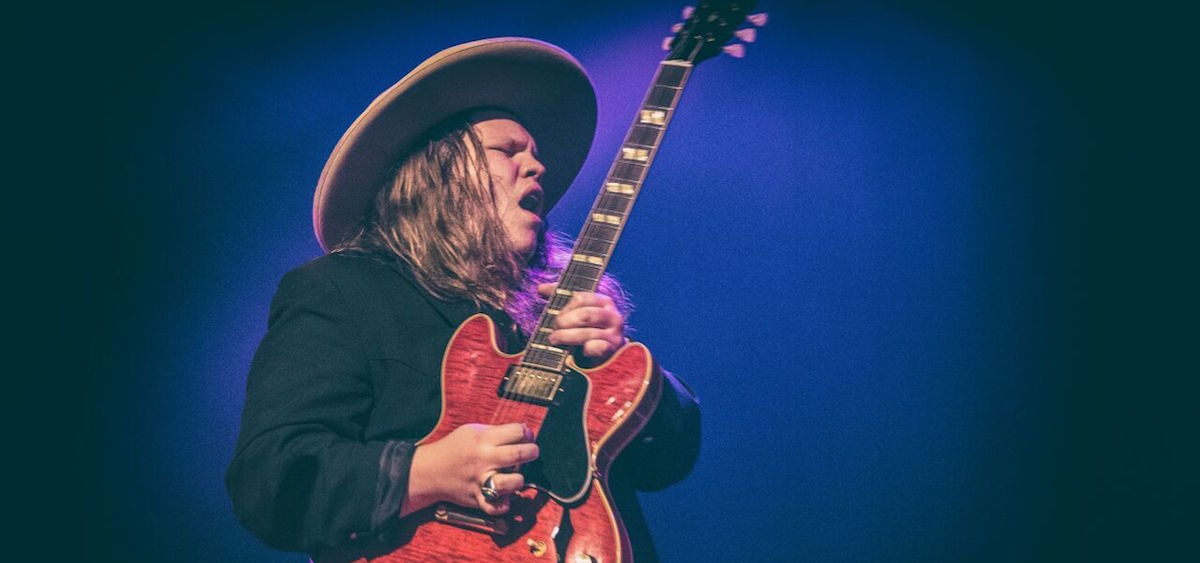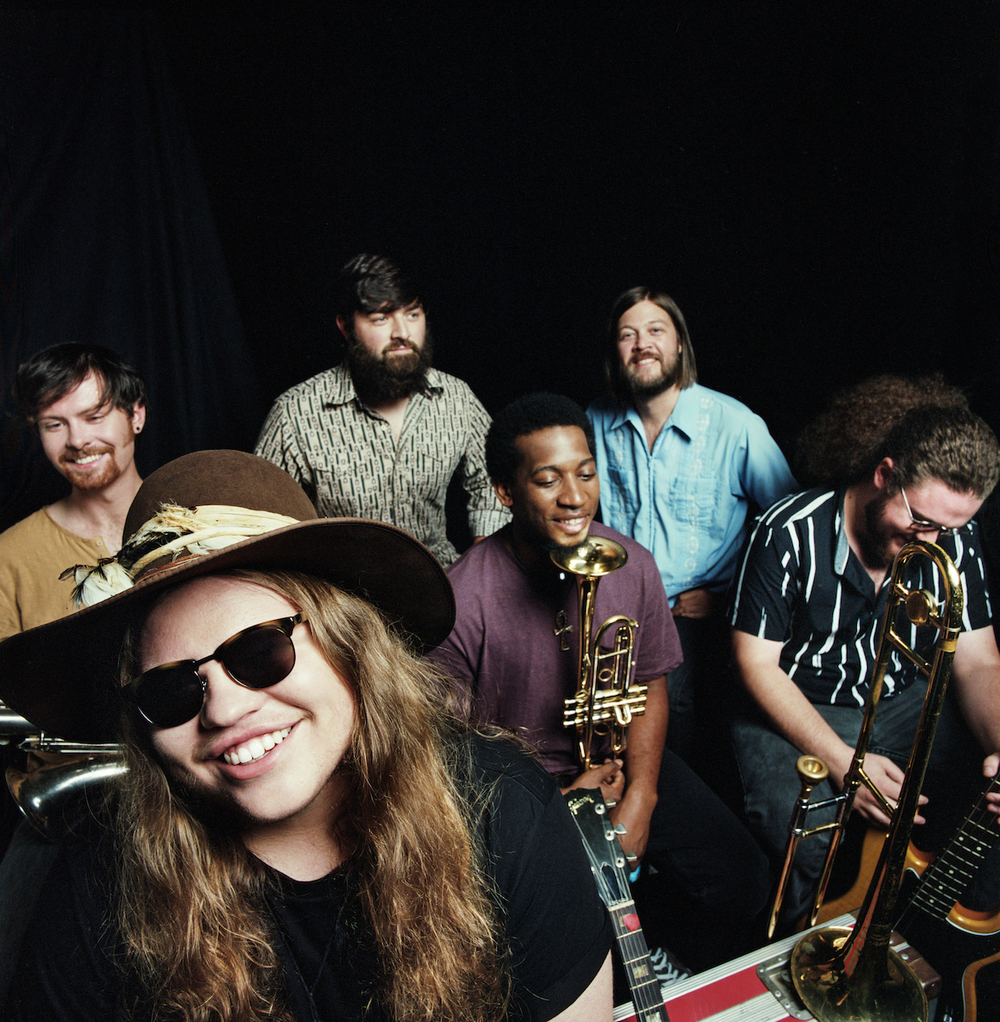Culture

Talking Music With the Mighty Marcus King
By: Emily Votaw
Posted on:
The incredibly young Marcus King has been playing blues music since he was a kid, largely with his father and fellow bluesman, Marvin King. It was at the age of 13 — when so many of his peers were going ga-ga over Twilight and the Jonas Brothers, that King began to find deep, spiritual solace in writing and performing music. Nine years later, and the budding bluesman has crafted two full length albums that are equal parts psychedelia, southern rock, and achingly sincere soul music; both of which were crafted with the help of none other than Warren Haynes of the Allman Brothers Band.
Friday, September 8 the Marcus King Band will be performing at the Union, with doors opening at 9 p.m. Tickets are $10 to $18 and available now.
WOUB’s Emly Votaw spoke with King about forming a bond with a legendary musician many years his senior, touring constantly throughout his teens and early twenties, and why it’s good to listen to Wu Tang Clan when you’ve got to get ready for a gig.

WOUB: First of all, how did you establish a relationship with Warren Haynes?
Marcus King: Well, Warren and I had mutual friends in the Asheville, NC area that I was playing gigs with or writing with at the time, in 2014. They kept saying that they wanted to introduce “Warren” to my music, and I had no idea who it was they were referring to. It took me by surprise that they were talking about Warren Haynes – but it was a very pleasant surprise. From there, Warren and I really hit it off and started working together.
WOUB: What’s it like being a musician in their early 20s who is working with someone with decades of experience like that – and someone who respects your work so much?
MK: It’s always a learning experience when I hang out with people like Warren – Warren in particular doesn’t give direct advice, he never tells you ‘oh, do this,’ or ‘oh, don’t do that,’ – you learn from him by listening to the stories he tells. If you listen to him, if you’re paying attention, you can really take a lot away from what he is saying.
WOUB: I was curious what it’s like being such a young person who is always on the road, touring? Especially because so many of your peers are either in college or finishing up their degrees and probably settling into some semblance of a routine.
MK: It’s beautiful. I love it. I can’t sit still for too long, I tend to get a little ancy and a little stir crazy if I stay in one place for too long. I knew from a young age that this is what I wanted to do – I had no doubt in my mind that this was what I was going to do. I feel blessed that I knew what I wanted as opposed to some of my peers who were freaking out about starting college and about the expectations that society and their parents would have for them as students. I take what I do very seriously, and in that aspect the only person I think I had to answer to was myself. I think it was George Carlin who said that we have these 18-year-old kids who have to ask permission to go to the bathroom, and the next month they’re supposed to know what they want to do with the rest of their lives.
WOUB: When did you really find that conviction – know that this is what you wanted to do for the rest of your life?
MK: I’d say that if there had to be a definitive moment it would have been when I was about 13 years old. It wasn’t like I said ‘this is what I am going to do,’ it was just something that was always understood. When I was 13 years old a very close friend of mine passed away and that is when I started writing – I realized that it is something that I have to do for my sanity, you know?
WOUB: I’ve seen you quoted talking about that; saying that playing and writing music is a very therapeutic experience for you. Has it always been that way?
MK: Yeah, I would say that at first it was inadvertent; I didn’t realize what was happening. But the older I got, the more self-aware I became – and there is something really pure about not realizing what a release that music can be. I wouldn’t say that music necessarily becomes contrived if you are aware of that, but it’s good to try and come back to that almost transcendental place to try and fully represent what your emotions are trying to say through the way that you’re playing or the way that you’re singing. It can be difficult if you can’t channel it properly, when you start to overthink things – that’s when it gets contrived.
WOUB: Would you say that your intense emotional response to music is more tethered to performing music or listening to music?
MK: I’d say a bit of both but certainly performing. But I listen to a lot of music, and that is always very therapeutic for me, too. Certain music can really dictate certain moods. Sometimes I really want to listen to this one artist I’ve really been digging on – Margaret Glaspy – and its just incredible stuff she does. Her album (Emotions and Math) can take me all kinds of places. But then sometimes I just want to put on some early Chicago and rage out – or some Gladys (Knight), some soul music. There are so many styles of music that I listen to. The band and I, oftentimes, before shows, we listen to Wu Tang Clan or Tupac Shakur or Biggie or Nas or just some J Dilla – we love that music because it is so incredible.
WOUB: That’s for sure! I don’t want to take up too much of your time, but I did want to ask if you had anything to say about coming to The Union here in Athens, OH. Ohio University students came back last week, and the place is just a-bustlin’!
MK: We’re really looking forward to it – we really love Ohio. This is our first time in Athens, and we’re really looking forward to meeting some new folks and having some good times, and we really appreciate you all having us.

